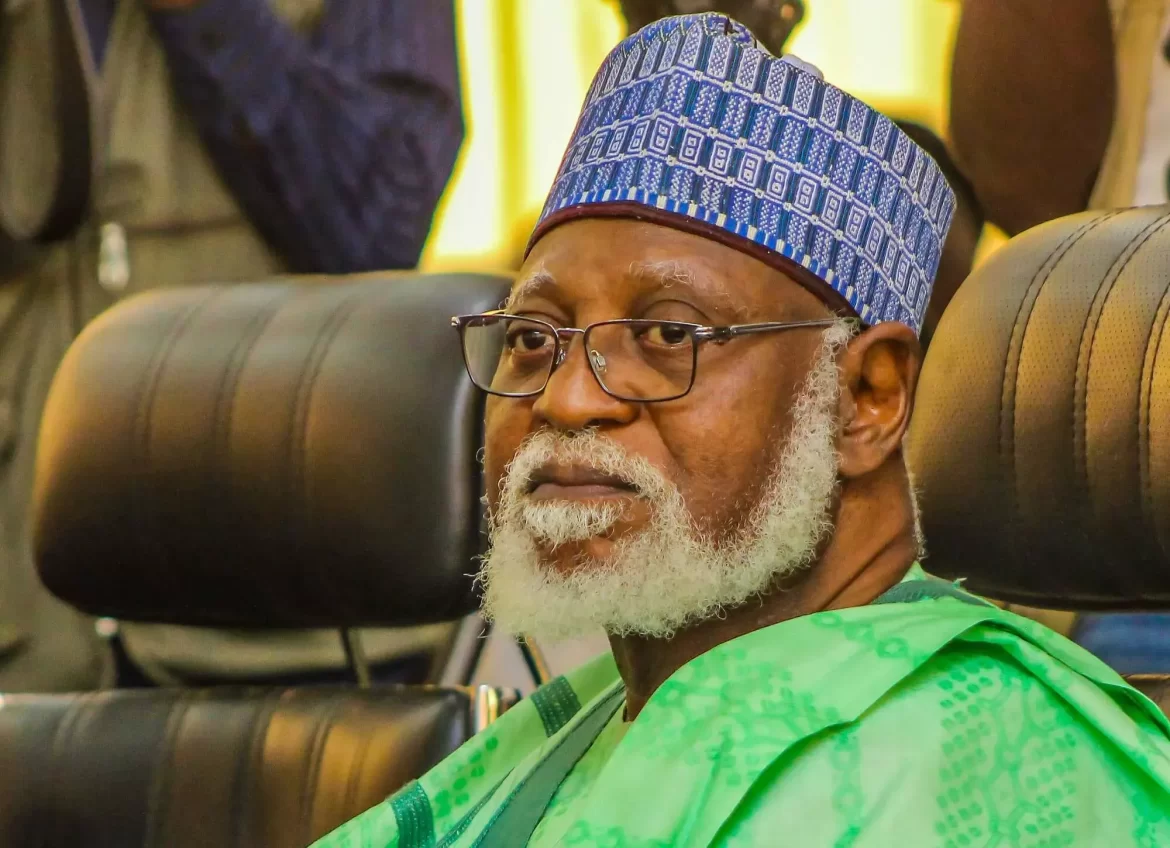504
By Oscar Okhifo
Former Head of State, General Abdulsalami Abubakar (rtd), has urged United States President, Donald Trump, to support Nigeria’s battle against insecurity rather than issuing threats that could undermine the country’s sovereignty.
Abubakar, who spoke from London, said the United States must remain a dependable ally in the global fight against terrorism, noting that Nigeria continues to confront insurgency, banditry and other violent crimes requiring international collaboration.
“We expect our friends in the international community, especially the United States, to assist us in strengthening security,” he said.
“Threats or actions that question our sovereignty will not help our situation.”
His reaction follows Trump’s recent remarks suggesting possible U.S. military intervention over alleged persecution of Christians in Nigeria, coupled with threats of sanctions and potential deployment of troops.
The comments have rattled political elites across the country, triggering a wave of responses. Some analysts say the development reinforces the perception of Trump as a “no-nonsense” leader willing to act against any government without regard for diplomatic norms or sovereignty.
Abubakar warned that escalating threats could worsen tensions and undermine ongoing military operations by Nigerian security forces.
“What Nigeria needs is cooperation, advanced technology, better intelligence sharing and stronger bilateral coordination,” he stated.
“We welcome support, but it must respect our constitutional governance and independence.”
Meanwhile, the Nigerian Presidency has assured that diplomatic channels will be explored to address the situation and de-escalate the growing tension between both countries.
Abubakar emphasized that Nigeria values its longstanding relationship with the United States but insisted such support must reinforce stability rather than provoke confrontation.
“We cherish our partnership with the U.S., but true partnership is built on mutual respect,” the former leader said.
His remarks add to the rising pushback from national leaders who argue that external pressure or intimidation is counterproductive to ongoing peace and security efforts.



